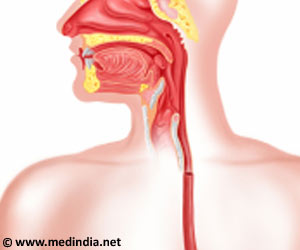Male cancer survivors are three times as likely to turn to assisted fertilization to have children as males with no cancer diagnosis.

‘The number of survivors after treatment of cancer in childhood, adolescence and young adulthood has steadily increased over the past decades, due to improvements in treatment regimens and supportive care.’





May alter future cancer treatment This knowledge makes it possible to develop concrete treatment protocols which affect fertility to a lesser degree. In addition, measures like preserving sperm before starting treatment can be optimised. Male cancer survivors are three times as likely to turn to assisted fertilization to have children as males with no cancer diagnosis.
Researchers from UiB and other institutions have sought to find out what cancer at a young age means for reproduction and marriage among male survivors of cancer in childhood, adolescence and young adulthood.
The number of survivors after treatment of cancer in childhood, adolescence and young adulthood has steadily increased over the past decades, due to improvements in treatment regimens and supportive care. It is now expected that close to 80 percent of those diagnosed with cancer during childhood or adolescence will survive their cancer and subsequent treatment.
Cancer does not affect children
Advertisement
"It is important to be able to assure young, male cancer survivors that their illness and treatment will not have a negative impact on their own children," says Gunnes. The study shows that children of those who have survived cancer do not have an increased risk of perinatal death or congenital anomalies. Similarly, there were no indications of increased risk of preterm birth or low birth weight.
Advertisement
Source-Eurekalert














